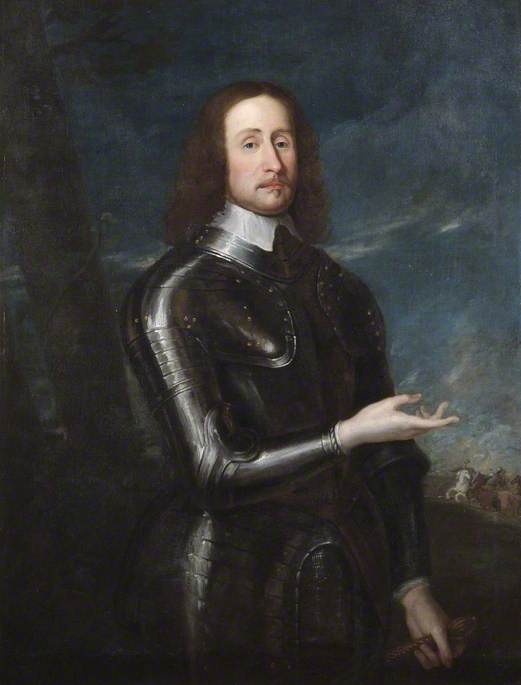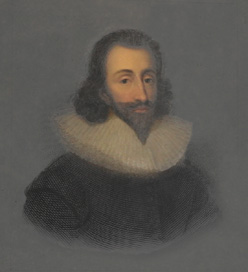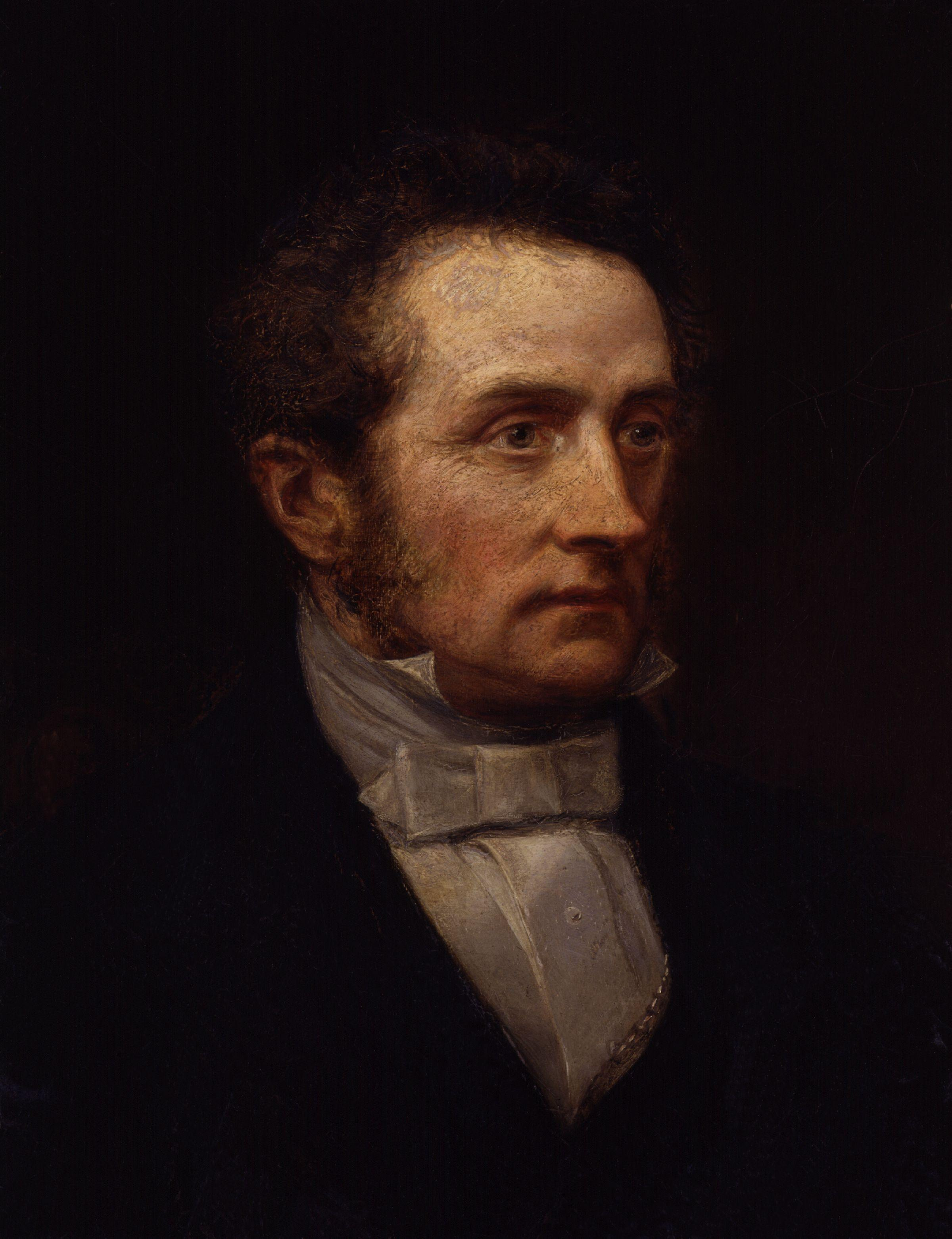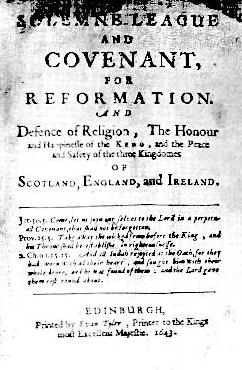|
John Pym
John Pym (20 May 1584 – 8 December 1643) was an English politician and administrator who played a major role in establishing what would become the modern Westminster system, English Parliamentary system. One of the Five Members whose attempted arrest in January 1642 was a major step in sparking the First English Civil War, his use of procedure to outmanoeuvre opponents was unusual for the period. Though this meant he was respected by contemporaries rather than admired, in 1895 historian Goldwin Smith described him as "the greatest member of Parliament that ever lived". Pym's father died when he was seven months old, and he was raised by his stepfather Sir Anthony Rous (1555-1620), Anthony Rous, from whom he inherited his Puritan views and deep opposition to the Arminianism in the Church of England, reforms of Archbishop William Laud. He was also a leading member of the Providence Island Company, which attempted to establish a Puritan colony in Central America. Described as 'a ... [...More Info...] [...Related Items...] OR: [Wikipedia] [Google] [Baidu] |
Goldwin Smith
Goldwin Smith (13 August 1823 – 7 June 1910) was a British-born academic and historian who was active in both Great Britain and North America. From 1856 to 1866, he was a professor of modern history at the University of Oxford. Smith taught at Cornell University from 1868 to 1872, and was instrumental in establishing the university's international reputation, but left when it began admitting female students. He is the namesake of Goldwin Smith Hall at Cornell University, and was outspoken regarding his often controversial political views. Smith was a supporter of the Union during the American Civil War and a critic of imperialism. He was also opposed to the Irish Home Rule movement and women's suffrage, along with holding Anglo-Saxonist and antisemitic views. Early life and education Smith was born at Reading, Berkshire. He was educated at Eton College and Magdalen College, Oxford, and after a brilliant undergraduate career he was elected to a fellowship at University Col ... [...More Info...] [...Related Items...] OR: [Wikipedia] [Google] [Baidu] |
John Hampden
John Hampden (24 June 1643) was an English politician from Oxfordshire, who was killed fighting for Roundhead, Parliament in the First English Civil War. An ally of Parliamentarian leader John Pym, and a cousin of Oliver Cromwell, he was one of the Five Members whom Charles I of England tried to arrest in January 1642, a significant step in the outbreak of fighting in August. All five are commemorated at the State Opening of Parliament each year. When the war began in August 1642, Hampden raised an infantry regiment for the Parliamentarian cause. His death on 18 June 1643 after being wounded in the Battle of Chalgrove Field was considered a significant loss, largely because Hampden acted as a bridge between the different Parliamentarian factions. His early death meant Hampden avoided the ideological splits that led to the execution of Charles I in January 1649, and establishment of the Commonwealth of England. Combined with a reputation for honest, principled, and patriotic oppo ... [...More Info...] [...Related Items...] OR: [Wikipedia] [Google] [Baidu] |
Stuart Restoration
The Stuart Restoration was the reinstatement in May 1660 of the Stuart monarchy in Kingdom of England, England, Kingdom of Scotland, Scotland, and Kingdom of Ireland, Ireland. It replaced the Commonwealth of England, established in January 1649 after the execution of Charles I, with his son Charles II of England, Charles II. The Commonwealth of England had been governed by Lord Protector Oliver Cromwell and then his son Richard Cromwell. The term is also used to describe the reign of Charles II (1660–1685), and sometimes that of his younger brother King James II, James II (1685–1688). The Protectorate After Richard Cromwell, Lord Protector from 1658 to 1659, ceded power to the Rump Parliament, Charles Fleetwood and John Lambert (general), John Lambert then dominated government for a year. On 20 October 1659, George Monck, the governor of Scotland under the Cromwells, marched south with his army from Scotland to oppose Fleetwood and Lambert. Lambert's a ... [...More Info...] [...Related Items...] OR: [Wikipedia] [Google] [Baidu] |
John Murray (publishing House)
John Murray is a Scottish publisher, known for the authors it has published in its long history including Jane Austen, Arthur Conan Doyle, Lord Byron, Charles Lyell, Johann Wolfgang von Goethe, Herman Melville, Edward Whymper, Thomas Robert Malthus, David Ricardo, and Charles Darwin. Since 2004, it has been owned by conglomerate Lagardère Group, Lagardère under the Hachette Livre, Hachette UK brand. History The business was founded in London, England, in 1768 by John Murray (1737–1793), an Edinburgh-born Royal Marines officer, who built up a list of authors including Isaac D'Israeli and published the ''English Review (18th century), English Review''. John Murray the elder was one of the founding sponsors of the London evening newspaper ''The Star (1788), The Star'' in 1788. He was succeeded by his son John Murray II, who made the publishing house important and influential. He was a friend of many leading writers of the day and launched the ''Quarterly Review'' in 180 ... [...More Info...] [...Related Items...] OR: [Wikipedia] [Google] [Baidu] |
London
London is the Capital city, capital and List of urban areas in the United Kingdom, largest city of both England and the United Kingdom, with a population of in . London metropolitan area, Its wider metropolitan area is the largest in Western Europe, with a population of 14.9 million. London stands on the River Thames in southeast England, at the head of a tidal estuary down to the North Sea, and has been a major settlement for nearly 2,000 years. Its ancient core and financial centre, the City of London, was founded by the Roman Empire, Romans as Londinium and has retained its medieval boundaries. The City of Westminster, to the west of the City of London, has been the centuries-long host of Government of the United Kingdom, the national government and Parliament of the United Kingdom, parliament. London grew rapidly 19th-century London, in the 19th century, becoming the world's List of largest cities throughout history, largest city at the time. Since the 19th cen ... [...More Info...] [...Related Items...] OR: [Wikipedia] [Google] [Baidu] |
Arthur Penrhyn Stanley
Arthur Penrhyn Stanley, (13 December 1815 – 18 July 1881) known as Dean Stanley, was an English Anglican priest and ecclesiastical historian. He was Dean of Westminster from 1864 to 1881. His position was that of a Broad Churchman and he was the author of a number of works on Church History. He was a co-founder of the Palestine Exploration Fund. Early life Stanley was born in Alderley Edge, in Cheshire, where his father, Edward Stanley, later Bishop of Norwich, was then rector. A brother was Owen Stanley, and his sister was Mary Stanley. The middle-name 'Penrhyn' suggests Welsh lineage. He was educated at Rugby School under Thomas Arnold and in 1834 went up to Balliol College, Oxford. He is generally considered to be the source for the character of George Arthur in Thomas Hughes's well-known book ''Tom Brown's Schooldays'', which is based on Rugby. After winning the Ireland scholarship and the Newdigate Prize for an English poem (''The Gypsies''), he was in 1839 elect ... [...More Info...] [...Related Items...] OR: [Wikipedia] [Google] [Baidu] |
Covenanters
Covenanters were members of a 17th-century Scottish religious and political movement, who supported a Presbyterian Church of Scotland and the primacy of its leaders in religious affairs. It originated in disputes with James VI and his son Charles I over church organisation and doctrine, but expanded into political conflict over the limits of royal authority. In 1638, thousands of Scots signed the National Covenant, pledging to resist changes in religious practice imposed by Charles. This led to the 1639 and 1640 Bishops' Wars, which ended with the Covenanters in control of the Scottish government. In response to the Irish Rebellion of 1641, Covenanter troops were sent to Ireland, and the 1643 Solemn League and Covenant brought them into the First English Civil War on the side of Parliament. As the Wars of the Three Kingdoms progressed, many Covenanters came to view English religious Independents like Oliver Cromwell as a greater threat than the Royalists, particu ... [...More Info...] [...Related Items...] OR: [Wikipedia] [Google] [Baidu] |
Solemn League And Covenant
The Solemn League and Covenant was an agreement between the Scottish Covenanters and the leaders of the English Parliamentarians in 1643 during the First English Civil War, a theatre of conflict in the Wars of the Three Kingdoms. On 17 August 1643, the Church of Scotland (the Kirk) accepted it and on 25 September 1643 so did the English Parliament and the Westminster Assembly. English Parliament (First Civil War) At the time, the Protestant leaders of the English Parliament were in conflict with King Charles I. Fearing Irish Catholic troops could join the Royalist army, Parliament requested the aid of the Scots. The Presbyterian Covenanters promised their aid, on condition that the Scottish system of church government was adopted in England. This was acceptable to the majority of the English Long Parliament, as many MPs were Presbyterians, while others preferred allying with the Scots rather than losing the Civil War. After some haggling a document called "'' The Solemn ... [...More Info...] [...Related Items...] OR: [Wikipedia] [Google] [Baidu] |
James I Of England
James VI and I (James Charles Stuart; 19 June 1566 – 27 March 1625) was King of Scotland as James VI from 24 July 1567 and King of England and Ireland as James I from the union of the Scottish and English crowns on 24 March 1603 until his death in 1625. Although he long tried to get both countries to adopt a closer political union, the kingdoms of Scotland and England remained sovereign states, with their own parliaments, judiciaries, and laws, ruled by James in personal union. James was the son of Mary, Queen of Scots, and a great-great-grandson of Henry VII, King of England and Lord of Ireland, and thus a potential successor to all three thrones. He acceded to the Scottish throne at the age of thirteen months, after his mother was forced to abdicate in his favour. Although his mother was a Catholic, James was brought up as a Protestant. Four regents governed during his minority, which ended officially in 1578, though he did not gain full control of his governmen ... [...More Info...] [...Related Items...] OR: [Wikipedia] [Google] [Baidu] |
Providence Island Company
The Providence Company or Providence Island Company was an English chartered company founded in 1629 by a group of Puritan investors including Robert Rich, 2nd Earl of Warwick in order to establish the Providence Island colony on Providence Island in the Caribbean and on the Mosquito Coast of what became Nicaragua. English settlers were sent to the colonies to run plantations. The colonies also functioned as a base for privateers operating against Spanish ships and settlements in the region. Colonists had to pay one fifth of the plunder to the Company. The colonies were destroyed by the Spanish and Portuguese in 1641. Background Providence Island was discovered during 1629 by Daniel Elfrith. Elfrith passed its location to Philip Bell who was governor of the Somers Isles, or Somers Islands (Bermuda); Bell mentioned it to Nathaniel Rich. Rich then involved the Earl of Warwick, his cousin, who called a meeting for 10 November 1629, at Brooke House in Holborn, London. The result ... [...More Info...] [...Related Items...] OR: [Wikipedia] [Google] [Baidu] |
William Laud
William Laud (; 7 October 1573 – 10 January 1645) was a bishop in the Church of England. Appointed Archbishop of Canterbury by Charles I of England, Charles I in 1633, Laud was a key advocate of Caroline era#Religion, Charles I's religious reforms; he was arrested by Parliament of England, Parliament in 1640 and executed towards the end of the First English Civil War in January 1645. Laud believed in Episcopal polity, episcopalianism, or rule by bishops. "Laudianism" was a reform movement that emphasised liturgical ceremony and clerical hierarchy, enforcing uniformity within the Church of England, as outlined by Charles. Its often Ritualism in the Church of England, highly ritualistic aspects prefigure what are now known as high church views. In theology, Laud was accused of Anglican Arminianism, Arminianism, favouring doctrines of the historic church prior to the Reformation and defending the continuity of the English Church with the primitive and medieval church, and opposi ... [...More Info...] [...Related Items...] OR: [Wikipedia] [Google] [Baidu] |









